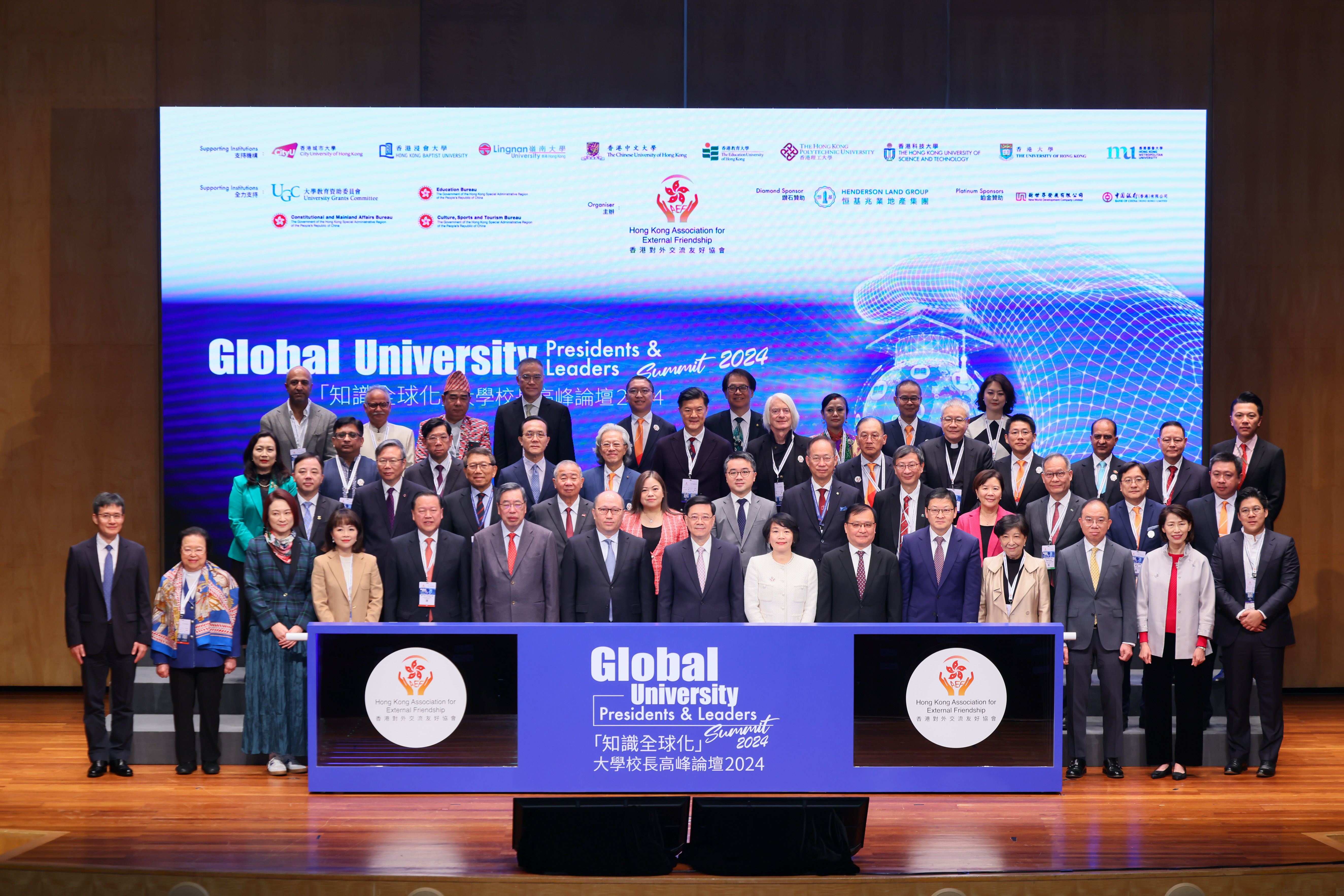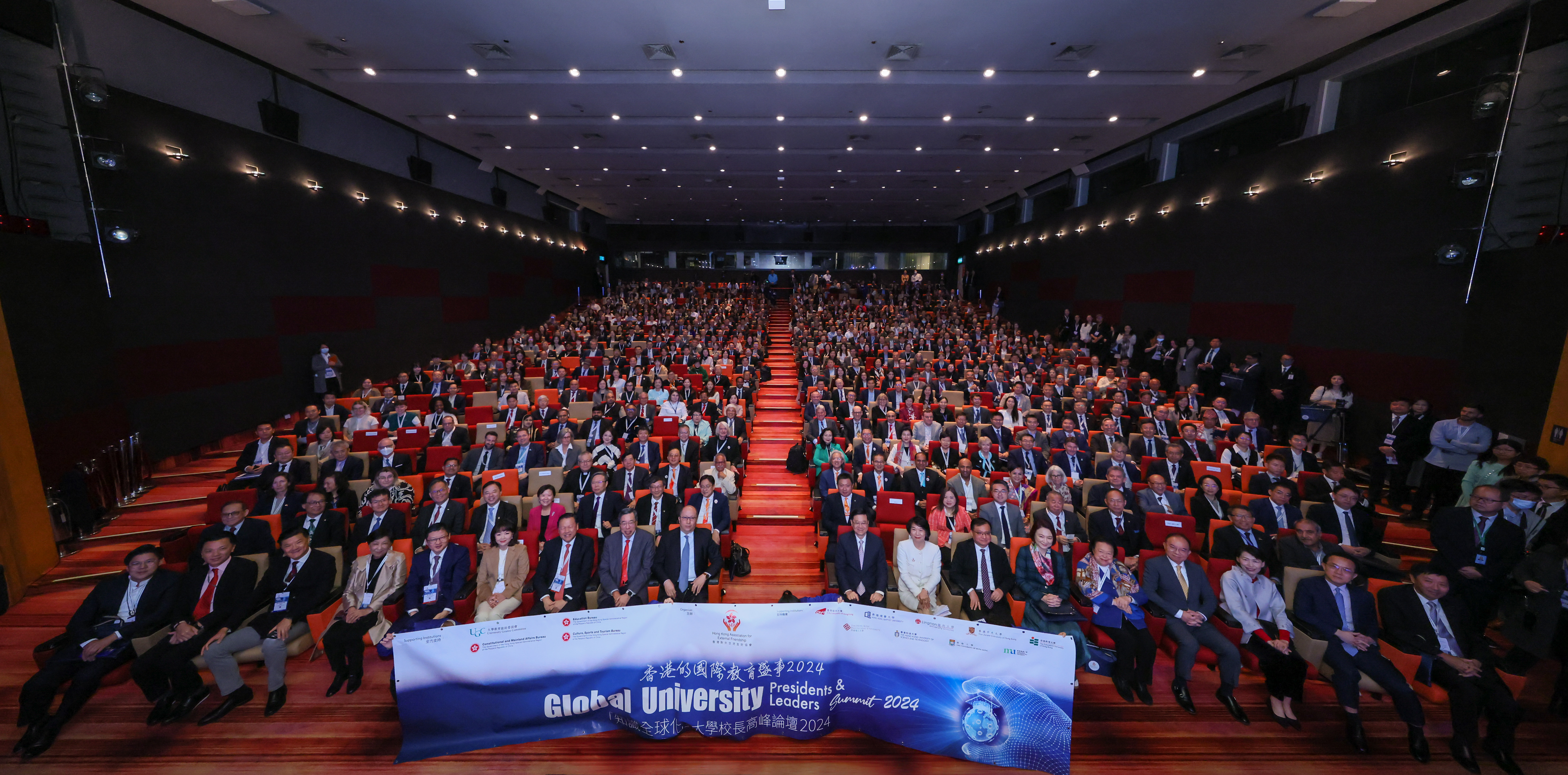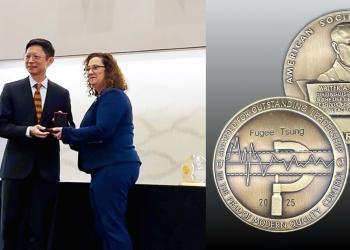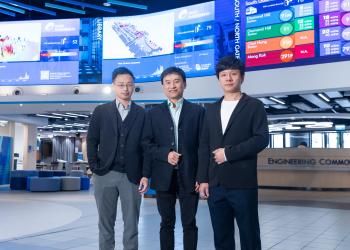Knowledge Without Borders: Academic Leaders Chart a Path to Global Connectivity
As the world grapples with challenges such as climate change, pandemics, geopolitical tensions, and dilemmas of the AI revolution, universities stand as fortified citadels of knowledge and innovation. Recognizing that no single institution or discipline can tackle these complex challenges alone, university leaders are increasingly leveraging collective expertise and resources to forge a sustainable, equitable, and brighter future for all.
The Global University Presidents & Leaders Summit 2024, held on December 2-3, 2024, in Hong Kong, epitomized this collaborative spirit. Organized by the Hong Kong Association for External Friendship and supported by the University Grants Committee along with nine Hong Kong universities, this landmark event brought together over 50 globally renowned university presidents and leaders, providing a platform to share insights, forge partnerships, and strategize on addressing global challenges effectively.
A central theme that resonated deeply throughout the sessions was the pivotal role of universities in fostering knowledge globalization. The Hong Kong University of Science and Technology (HKUST)’s President, Professor Nancy IP, chaired the first session titled “The Importance of Knowledge Globalization for Humanity.” This session featured five eminent speakers: Prof. DU Jiangfeng, President of Zhejiang University; Prof. Pradeep K. KHOSLA, Chancellor of the University of California, San Diego; Prof. Dame Nancy ROTHWELL, former President and Vice-Chancellor of University of Manchester; Prof. Ahmed Ali ALRAEESI, Vice Chancellor of United Arab Emirates University; and Prof. Yujin YAGUCHI, Vice President and Director of Center for Global Education of the University of Tokyo.
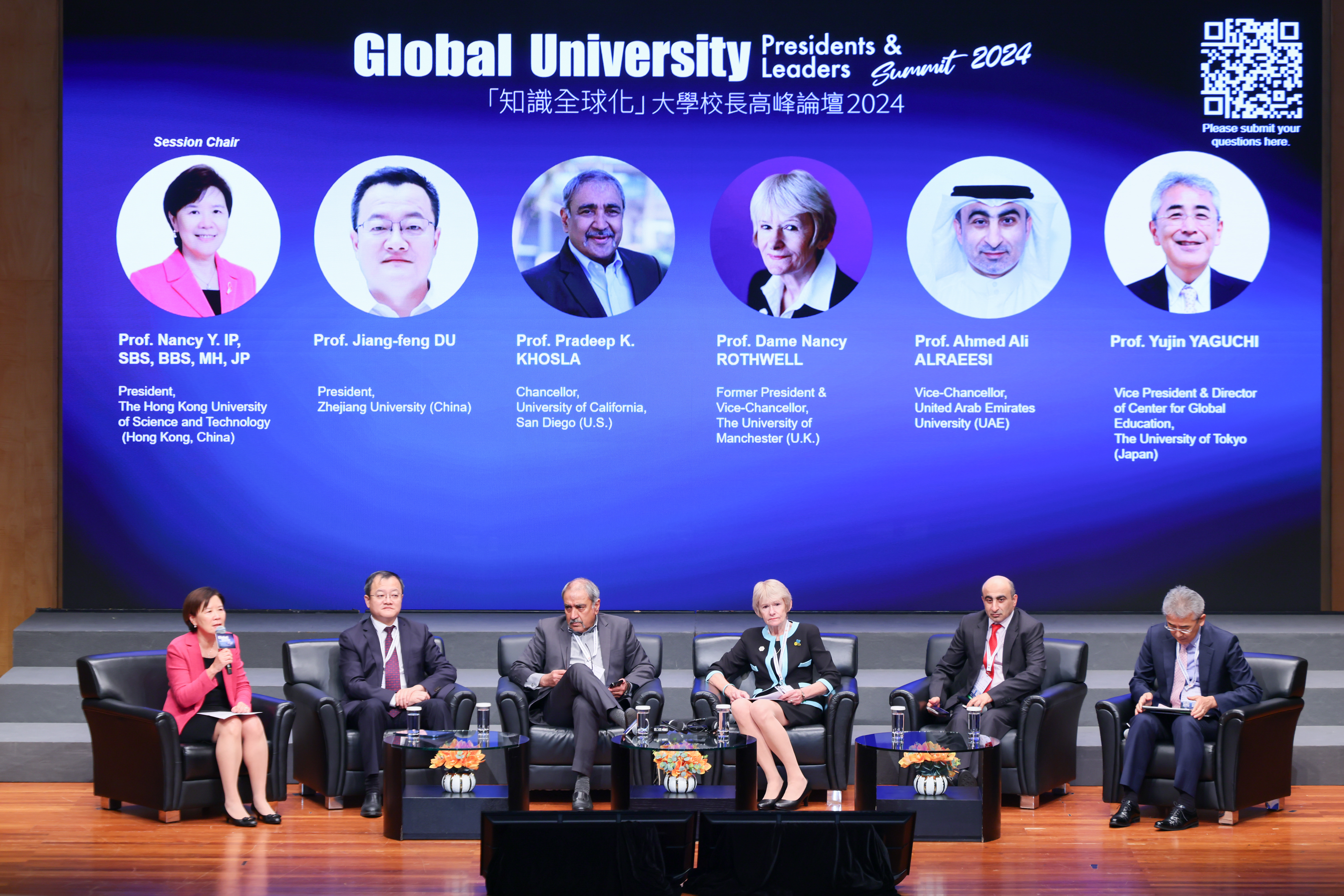
The speakers emphasized the importance of data democratization, stressing how making data accessible to everyone can help solve societal challenges. They also addressed the need to dismantle geographical and cultural boundaries to promote mutual understanding. Each speaker shared inspiring stories of their universities’ initiatives and approaches in translating discoveries into real-world impact, such as incentivizing research, establishing joint programs and appointments to facilitate interdisciplinary innovation, and providing students with global experiences and opportunities to interact with diverse cultures.
Prof. Nancy Ip stressed the need for universities to collaborate across borders, across cultures, and across disciplines. She stated, “We believe that the global exchange and the dissemination of information, skills and technologies are so important for us as individual organizations and communities to collaborate, to share ideas that will lead to innovation and economic growth.”
The other sessions covered diverse topics such as ethical and legal aspects of AI, the roles of data science, applied science and art tech, university governance, and the impact of demographic changes on education.
The two-day summit was a resounding success, showcasing HKUST’s active participation and commitment to strengthening global academic collaboration and innovation. In an era where connectivity and the exchange of knowledge are more crucial than ever, HKUST is ready and eager to contribute significantly to driving human progress.







